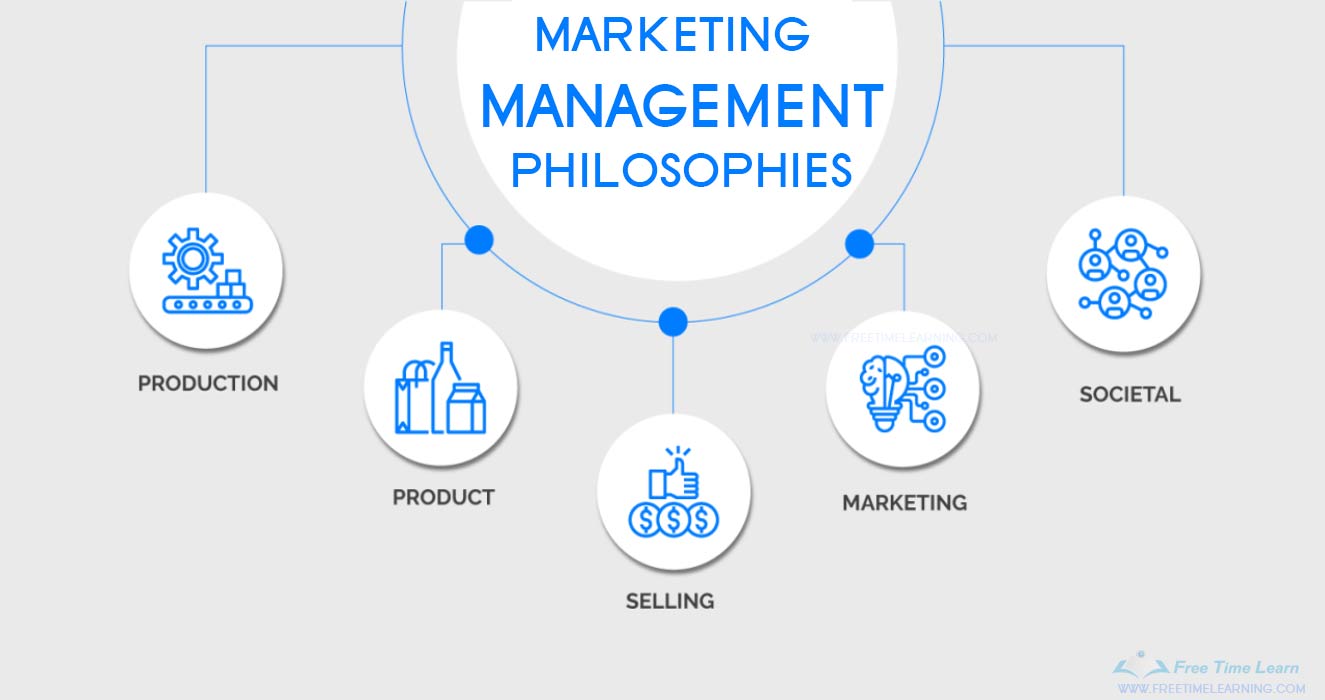The five pillars of the marketing concept or the process of marketing concept are as follows:
* Identifying market or customers who are selected as the target market by the organisation.
* Understanding the needs, wants, and requirements of the customers in the target market.
* Developing the products or services to satisfy the needs of the customers in the target market.
* Satisfying the needs of the customers in the target market better than its competitors.
* Performing all of the above steps at a profit.
Under marketing concept, firms do not sell what they produce, but they produce and sell what their customers want. The organisations which adopt marketing concept gives importance to customers and competitors, as these two are the two important market forces. The firms have to keep a close check on the needs and requirements of the customers and the activities of the competitors so they can satisfy the needs of the customers better than their competitors.
